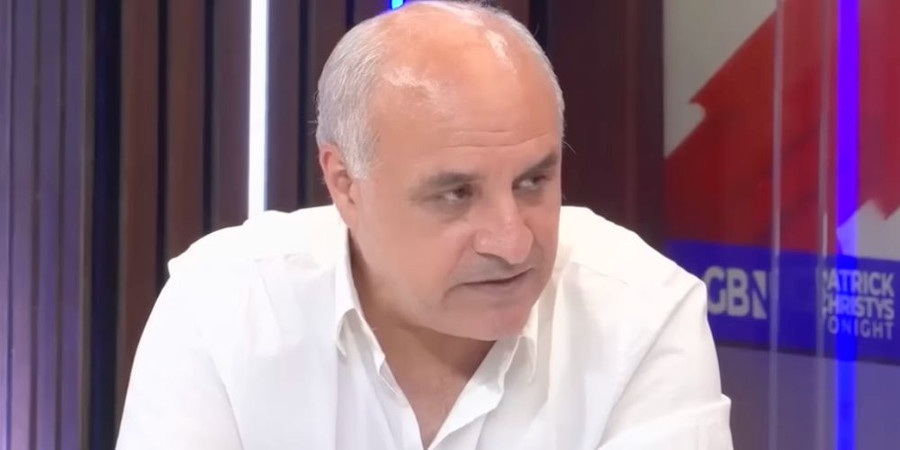Is Bernie Sanders pulling Hillary Clinton to the Left? No, for the same reason a canoe doesn't pull an aircraft carrier.
The Vermont socialist running in the Democratic presidential race is currently at 7.4 percent in the RealClearPolitics average of national polls, versus Clinton's 64.2 percent. Clinton is in fact moving leftward on issues like immigration, gay marriage, inequality and more, but it's not because she's feeling the heat from a little-known competitor.
Still, Sanders is staking out a role as the forward scout of the Democratic Left, going public with wish list plans to make the federal government even more massive, even more expensive, and even more intrusive. In the absence of Elizabeth Warren, who many of the most progressive Democrats would have preferred, Sanders is broadening the conversation in what is sometimes called the Democratic wing of the Democratic Party.
Just look at something known among progressives as "debt-free college." The idea is that all young people deserve a government guarantee that they can graduate from college without debt, a result accomplished either by outright grants or cheap loans.
Clinton is moving toward the idea. Earlier this month, her campaign manager, Robby Mook, thrilled progressives when he said in a TV interview that "what voters are looking for in this election is someone who's going to be a champion for everyday people - for young people, that's debt-free college."
Then, during a campaign stop in Iowa this week, Clinton herself said, "We have to deal with the indebtedness - to try to move toward making college as debt-free as possible."
Government-guaranteed debt-free college is a step beyond President Obama's free community college program. But this week, Sanders trumped them all with two new bills - the "College for All Act" and its companion, "The Inclusive Prosperity Act of 2015" - that would eliminate undergraduate tuition at all public colleges and universities.
Under Sanders' plan, college would be free for all, everywhere, paid for by the government in a program Sanders estimates would cost taxpayers more than $70 billion a year, or somewhere around $750 billion over the next decade.
Sanders would also dramatically cheapen college loans for other college expenses and for those who do not attend tuition-free institutions.
How to pay for a new, nearly Obamacare-sized federal program? By imposing a "speculation fee" on Wall Street. "Right now, you have people who are becoming phenomenally wealthy by speculating in derivatives and every other type of esoteric instrument that they can," Sanders said recently on CNN. "People are getting very rich on Wall Street. We're going to impose what exists in dozens of countries around the world, a modest tax on the transference of large amounts of stock."
Would Clinton go the full Sanders and advocate free tuition for all? Probably not, but it would not be a surprise if, now that Sanders has gotten the more radical idea out there, Clinton moves a bit further left than some expected.
There's no penalty. To cite one completely unscientific example, a new focus group of 10 Iowa Democrats, put together by Purple Strategies and Bloomberg Politics, found Democratic voters not at all concerned about Clinton's move to the left - in fact, wanting more.
"She's getting my support," said a Democrat named Bill. "She's moved to the left on a couple of issues I really care about."
"I think she's looked at as kind of a centrist," added a group member named Charlie. "But I think she's going to have to move to the left a little bit. I mean, it's either going to be that, or it's going to be Scott Walker ... destroying America's unions."
News reports stressed one of the focus group's awkward moments - when Democrats said they admired Clinton's experience but were unable to name even a single accomplishment as secretary of state. But perhaps the bigger news from the session is that Clinton has virtually unlimited room to run on the left.
Right now, the only constraint on Clinton is what will pass with voters in the general election. And she appears to believe the Obama years have moved things considerably leftward of where they were in 2008. This week, the Washington Post reported that Clinton's approach "is a bet that social and demographic shifts mean that no left-leaning position Clinton takes now would be likely to hurt her in making her case to moderate and independent voters in the general election next year."
Given that, Bernie Sanders' role is not so much to pull Clinton to the left as to show her how far she can go.





